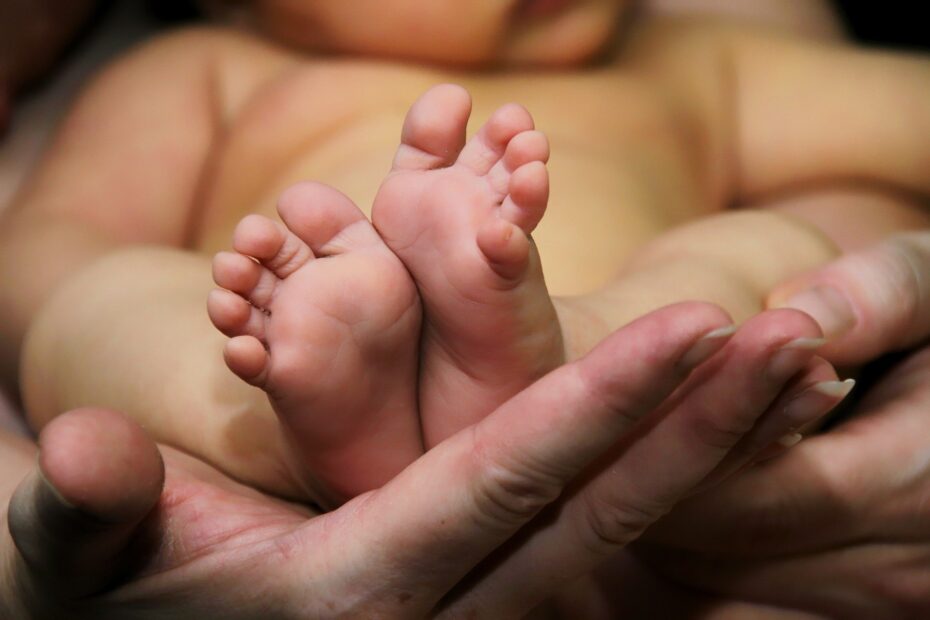By Mary-Clare Franco
My parents were offered an abortion this past April, shortly before our last miscarriage. I have since wondered why the doctor who proposed it thought abortion would aid us and what my response to him would be if I were there.
He is not alone in his opinions on abortion. There are people who think the preborn are not babies, or if they are, they lack mankind’s rights, including the right to life. If I met the man who thought killing my youngest sibling was acceptable (thankfully, my parents declined his suggestion), or anyone similar, I would charitably ask him why he thinks the preborn is not a baby. Then, using science, theology, and philosophy, I would thoughtfully explain how the preborn child is a baby and what this means for the rights of the preborn.
Part of charity includes placing the other person and his opinions before our own, especially when discussing the preborn. Pro-life campaigners agree that it is impossible to defend life without treating the pro-choicer as though his life mattered. Truly paying attention to what the other person says is the best way to do that. The first thing I would do is inquire why the person was pro-choice and why he thought the preborn are not children. Next, I would ask him what a human person was and what entitlements come with personhood. How should these privileges be fulfilled? How does abortion ensure they are fulfilled?
After he finished his explanation, I would give scientific evidence to help show that the preborn is a baby. I would tell the pro-choice person that the genes that decide what physically makes him a human person are determined precisely when he is created. From then on, his genetic layout is his alone. He is a human being, partly because of this distinctiveness. His anatomy insists that his uniqueness was not granted at his delivery; it was present before then. If uniqueness—a human characteristic—existed before birth, wouldn’t it make sense that he as a person also existed before birth? David says to God in Psalm 139:13-16, “You formed my inmost being; you knit me in my mother’s womb. . . . My very self you know. . . . In your book all are written down, my days were shaped, before one came to be.” Both science and the Bible declare that we were unique prior to birth.
Next, I would use philosophy to show that the preborn is a child. I would ask a pro-choice person what besides distinctiveness makes him human. Answers could include our rationality, our ability to love and be loved, and how we need a family and religion. After this response, my reasons would be the following. Preborn babies must have their mother in order to survive. Like everyone else, the preborn baby also requires a family. While the preborn cannot love, adore God, or reason in an adult way, he can do these things eventually. Furthermore, the preborn, being unrepeatable, has a role no one else can fulfill. Why rob him of this potential?
My sibling, who unlike the doctor’s prediction, was afterward found to be normal and healthy, surprised my parents by surviving for four whole days after the abortion was suggested, despite my mom’s bleeding. He clung firmly to life until she almost died from a hemorrhage. Even with his early death, he still had a special job to do.
A pilgrim statue of Our Lady visited our house shortly following the miscarriage. My mom received prayers and help from many unexpected people, and soon afterward, we were blessed to watch Roe v. Wade being overturned. During that time, I recall praying for God to make sense of our suffering, and I like to think He used the pain offered up through our miscarriage and my mom’s recovery to help save millions of other preborn and maternal lives.
Through charity, we can listen to those who are pro-choice, remind them of their own pricelessness since creation, and say that like them, the preborn are worth saving. Hopefully, these words would impact the pro-choice person. Sometimes prayers and speaking lovingly are all that are necessary; God will do the rest.
Mary-Clare Franco won an honorable mention in the high school category of CLSP’s 2022 Pro-Life Essay Contest. She is in 12th grade.
